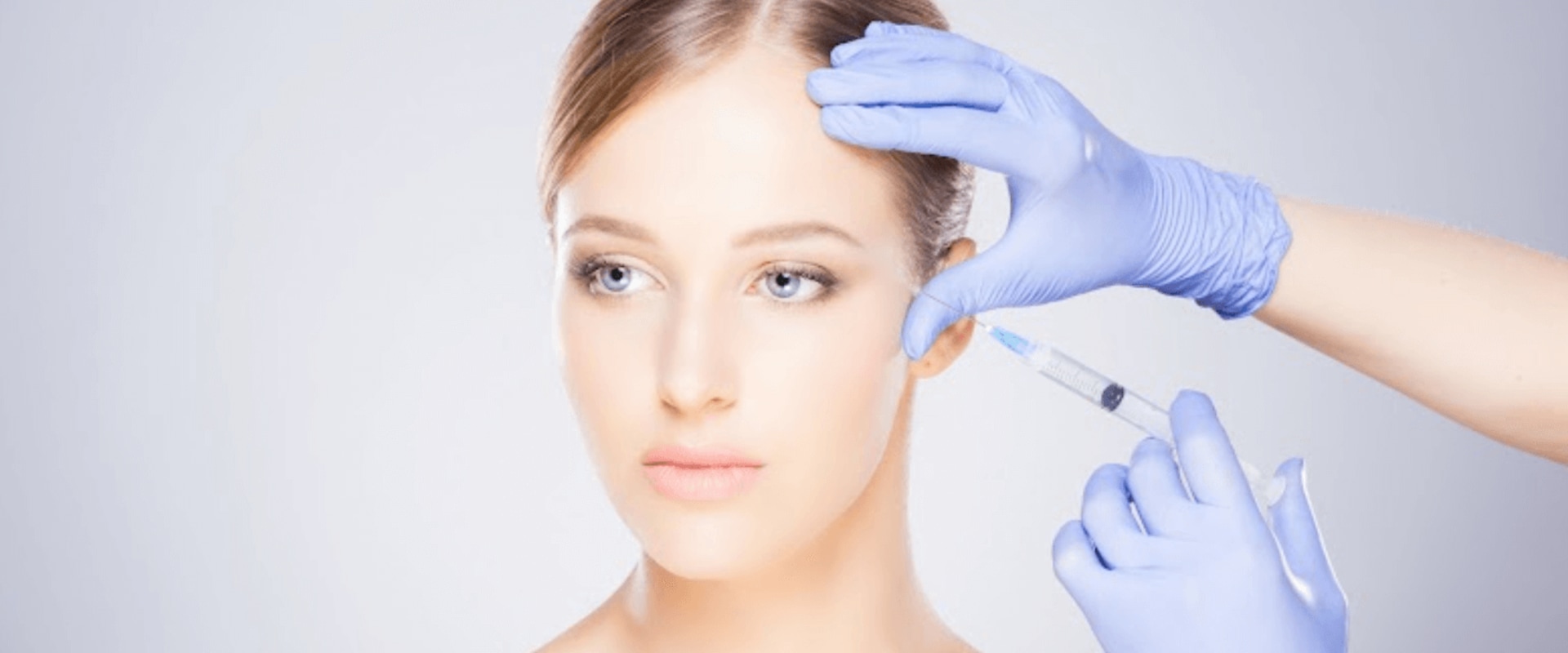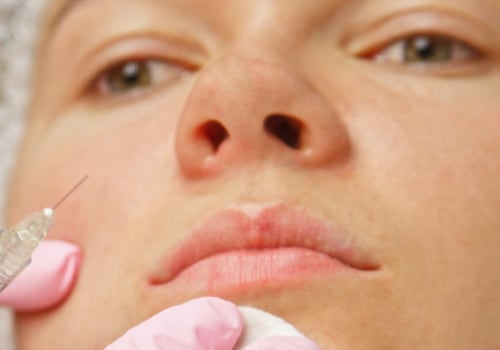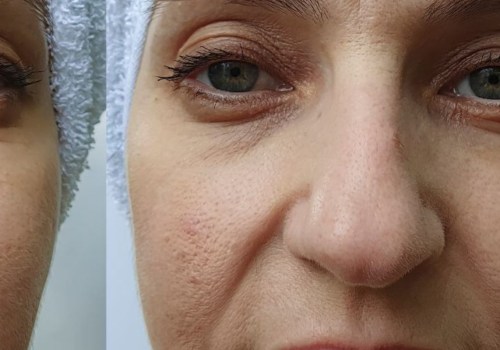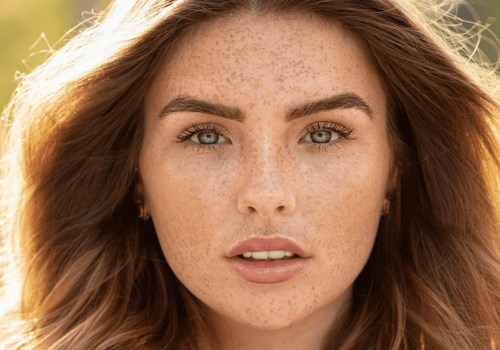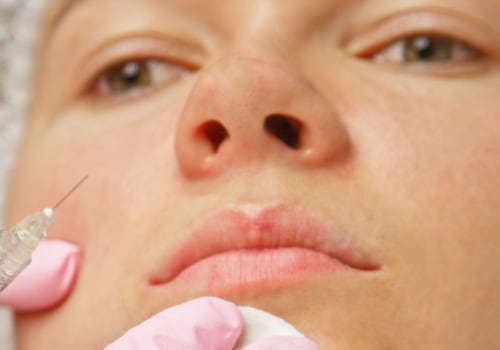Botox injections are a popular procedure for eliminating facial wrinkles and giving you a fresh, youthful appearance. However, there are certain individuals who should not receive Botox injections due to potential health risks. In this article, we will discuss who should not have Botox injections and the alternatives available for Fairfax patients. There are no absolute contraindications for Botox injections, except for a history of allergy to the components of the BT product. It should not be injected directly into infected skin or into skin with psoriasis or eczema.
Relative contraindications include avoiding BT injection in patients who are breastfeeding, taking contraceptives, or pregnant, unless clinically highly indicated. Evidence suggests that botulinum does not cross the placenta and that systemic levels after skin injections are extremely low.3As a precaution, BT injected into patients with neuromuscular or neurological disorders (e.g. myasthenia gravis) can cause severe muscle weakness. People who may have allergic reactions to the ingredients used in Botox or who are taking aminoglycoside antibiotics should also not undergo Botox treatments.
Patients with respiratory disorders such as asthma or emphysema should be advised not to take Botox for similar reasons. Although Botox may be the most popular method for treating wrinkles, there are several alternatives for Fairfax patients. The best time to seek cosmetic treatment with Botox after pregnancy is after breastfeeding has ceased and when pregnancy hormones have slowed down. You are considered a good candidate for Botox if you have crow's feet, frown lines, expression lines, furrows on your forehead, saggy eyebrows, fine lines and wrinkles on your face and neck. Botox manufacturers use a small amount of botulinum in the production of the Botox cosmetic, which could temporarily paralyze muscles without the deadly effects of botulinum toxin. If you feel that you have particularly sensitive skin, you can consider getting an allergy test before your Botox treatment.
To ensure your baby's safety, most health care providers advise against receiving Botox injections while breastfeeding. Botox injections temporarily paralyze muscles to reduce wrinkles, while dermal fillers add volume and help retain moisture. Specialists and doctors are cautious about injecting Botox to patients with existing muscle weakness, as the drug may exacerbate their condition. In conclusion, there are certain individuals who should not receive Botox injections due to potential health risks. These include people with allergies to the components of the BT product, those who are breastfeeding or pregnant, those with neuromuscular or neurological disorders, those taking aminoglycoside antibiotics, and those with respiratory disorders such as asthma or emphysema. Alternatives to Botox include dermal fillers and other cosmetic treatments.
